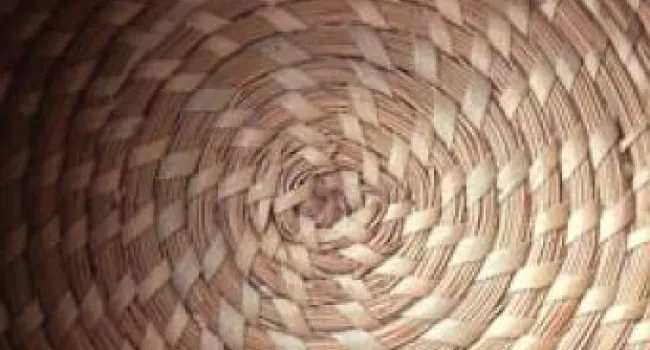
Document
The African-American craft of making coiled baskets has been practiced in the South Carolina lowcountry for more than two centuries. Scholars acknowledge sweetgrass basketmaking as one of the most...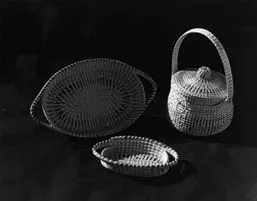
During the past century, as the economic suitability of some traditional crafts have declined, cultural tenacity has encouraged others to survive. A leading example is the production of sea grass, or sweetgrass, baskets along the coast of South Carolina. With roots in West Africa, this African American tradition followed the contours of rice culture, which spread along tidal rivers as far as North Carolina and northern Florida. Today, sweetgrass basketry is concentrated in Mt. Pleasant, South Carolina and in isolated pockets around Charleston County. During the past century, as the economic suitability of some traditional crafts have declined, cultural tenacity has encouraged others to survive. A leading example is the production of sea grass, or sweetgrass, baskets along the coast of South Carolina. With roots in West Africa, this African American tradition followed the contours of rice culture, which spread along tidal rivers as far as North Carolina and northern Florida. Today, sweetgrass basketry is concentrated in Mt. Pleasant, South Carolina and in isolated pockets around Charleston County.

Document
The African-American craft of making coiled baskets has been practiced in the South Carolina lowcountry for more than two centuries. Scholars acknowledge sweetgrass basketmaking as one of the most...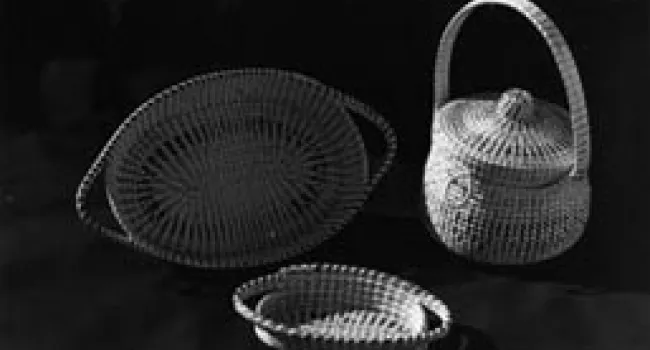
Document
The video transcript for: "Gullah Baskets" Edna Rouse In "Gullah Baskets" More From "Gullah Baskets" Charleston Basketweavers Mazie Brown Future Of Basketmaking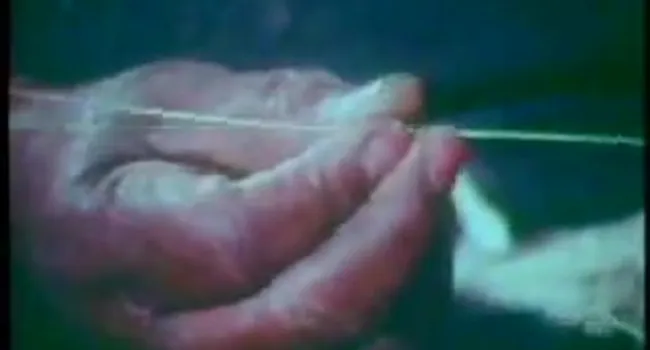
Video
Excerpt from the 1971 SCETV production "Gullah Baskets." This short documentary was narrated by James Clyburn and discusses the properties of sweetgrass, gathering techniques, and environmental...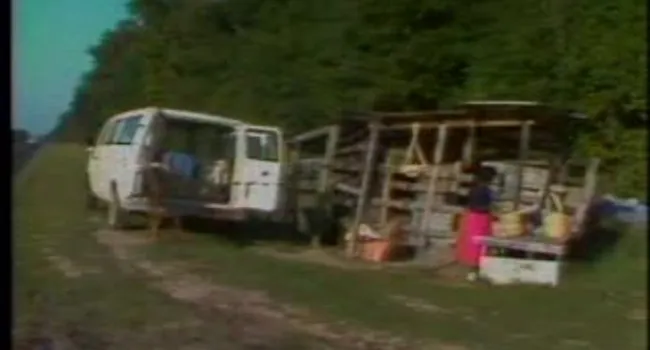
Video
Mazie Brown describes a typical day at her basket stand along Highway 17. Brown talks of her history as a basketmaker and of her mother who also had a stand. From the "Row Upon Row" documentary...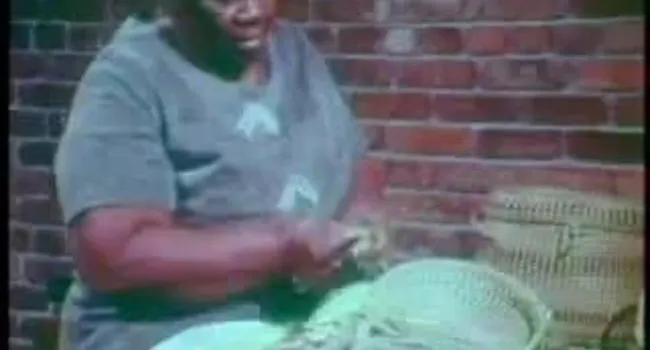
Video
Edna Rouse tells how people learn to make sweetgrass baskets.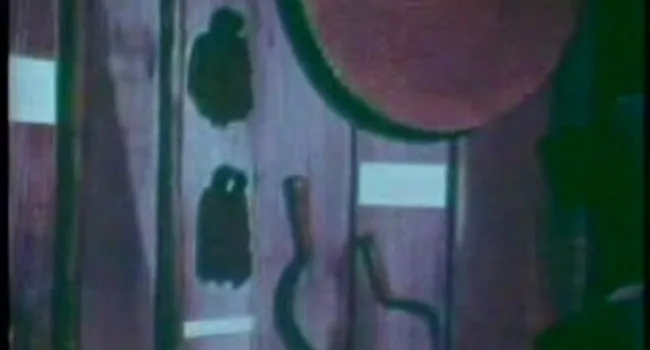
Video
Another excerpt from "Gullah Baskets." Milby Burton, director of the Charleston Museum in 1971, discusses the connections between Africa and South Carolina basket weavers.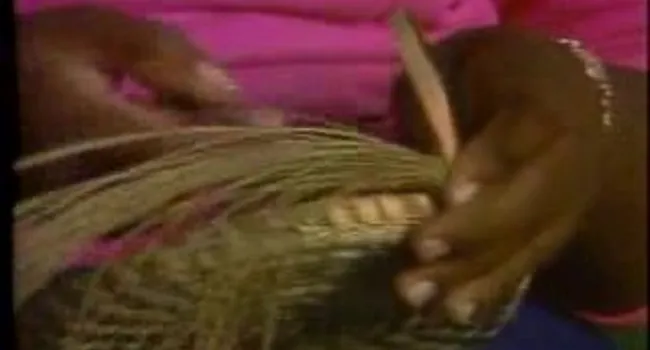
Video
Mazie Brown speaks of the decline of the sweetgrass basket making tradition due to scarcity of materials and a perceived lack of interest by younger generations.
Video
Excerpt from 1986 USC News production. Dale Rosengarten discusses sweetgrass basketry as a part of the Charleston tourist trade, as well as a one of the most highly recognized African-American art...